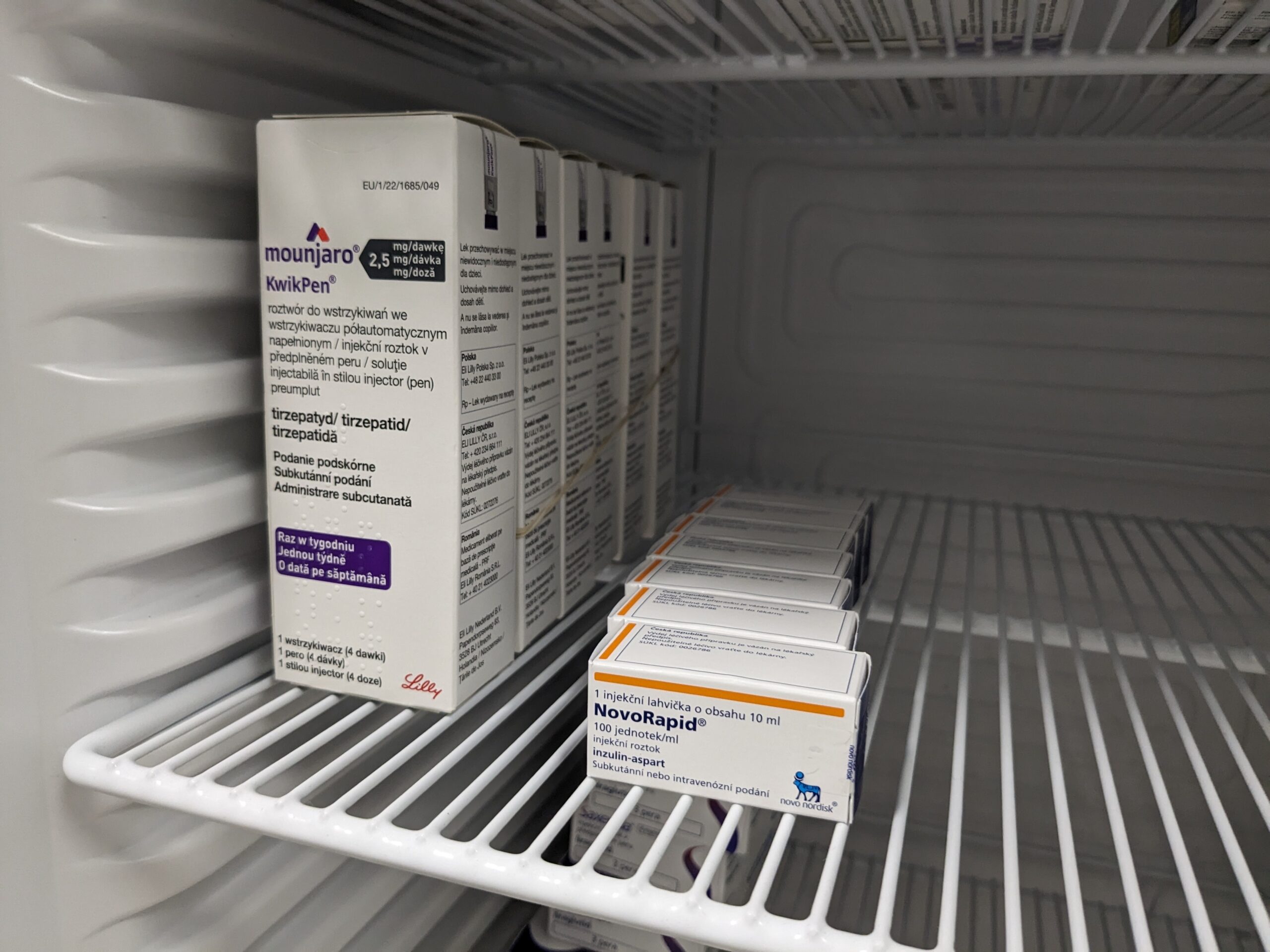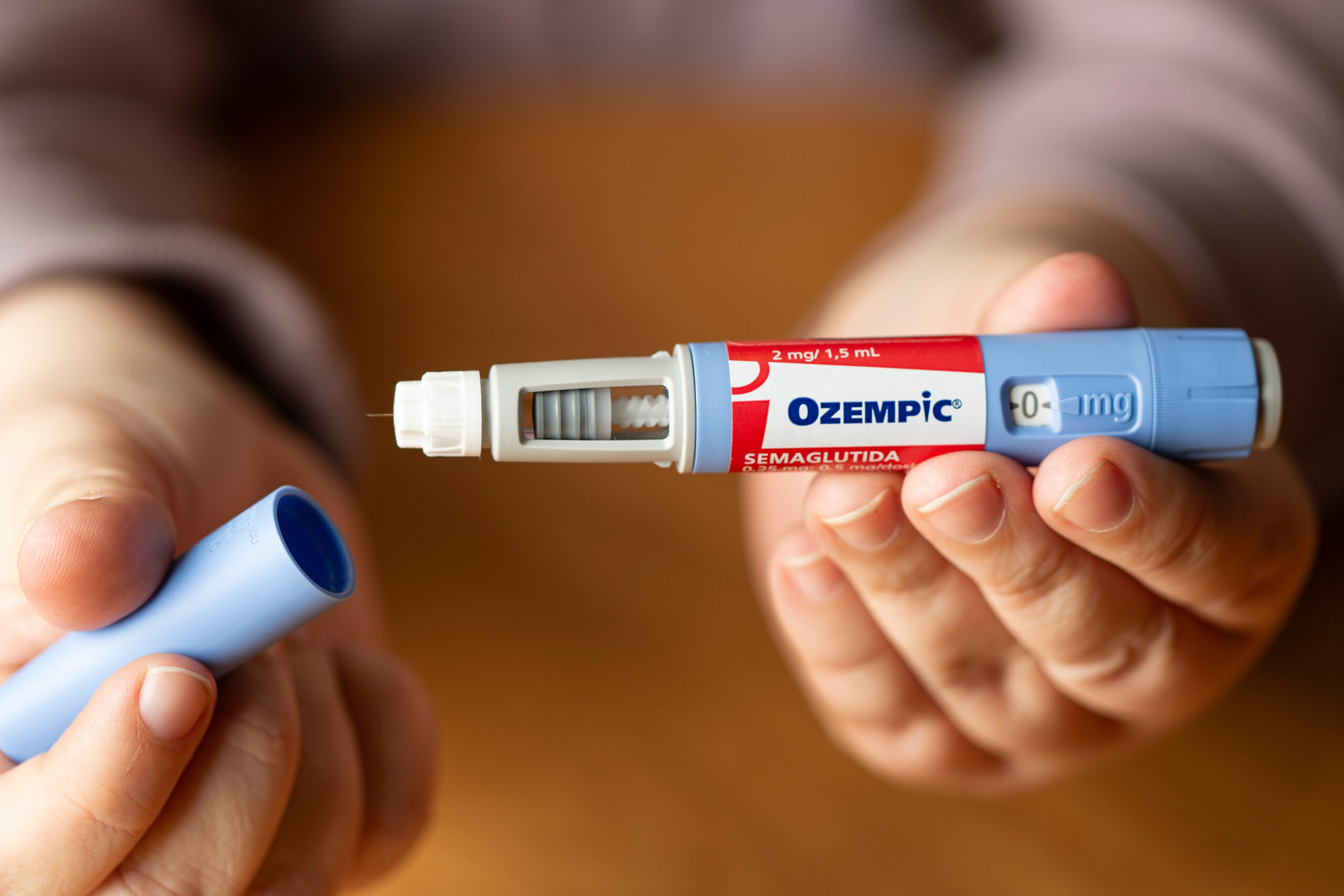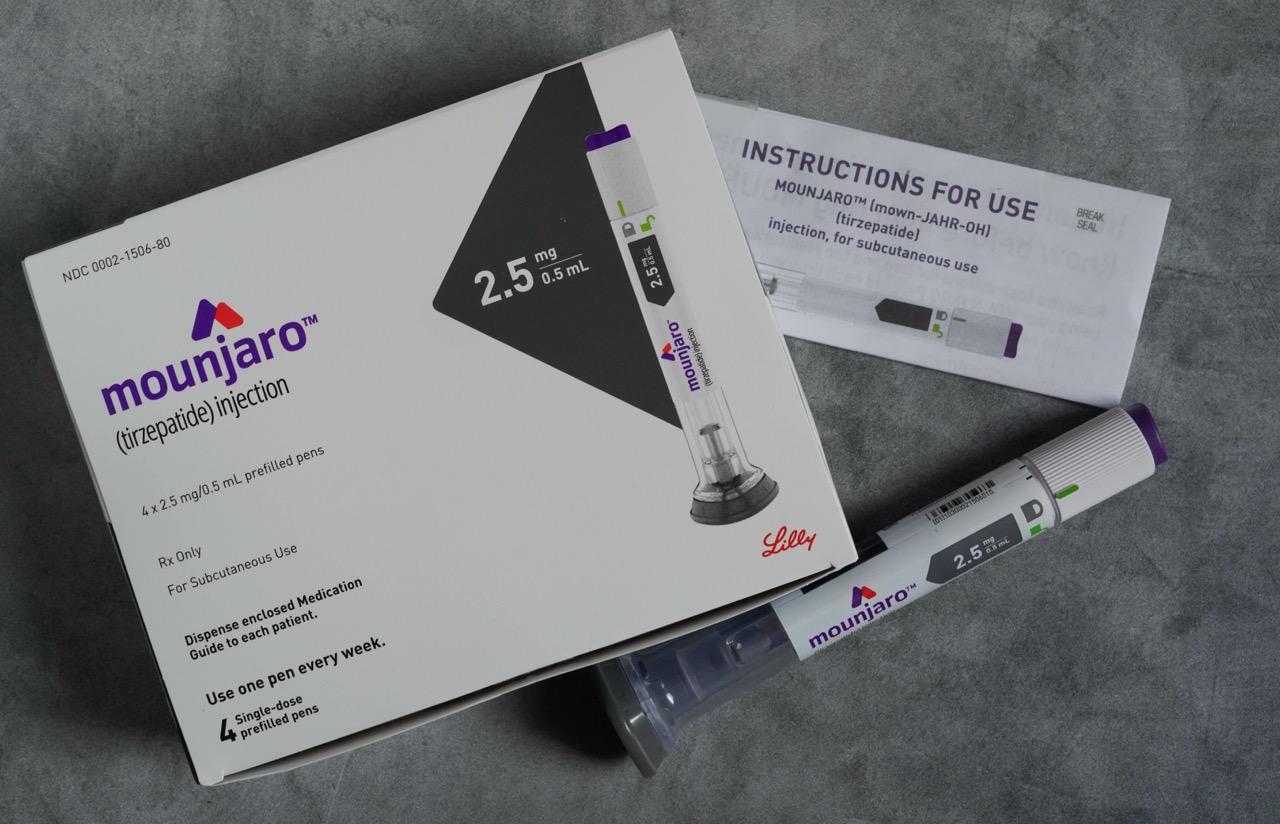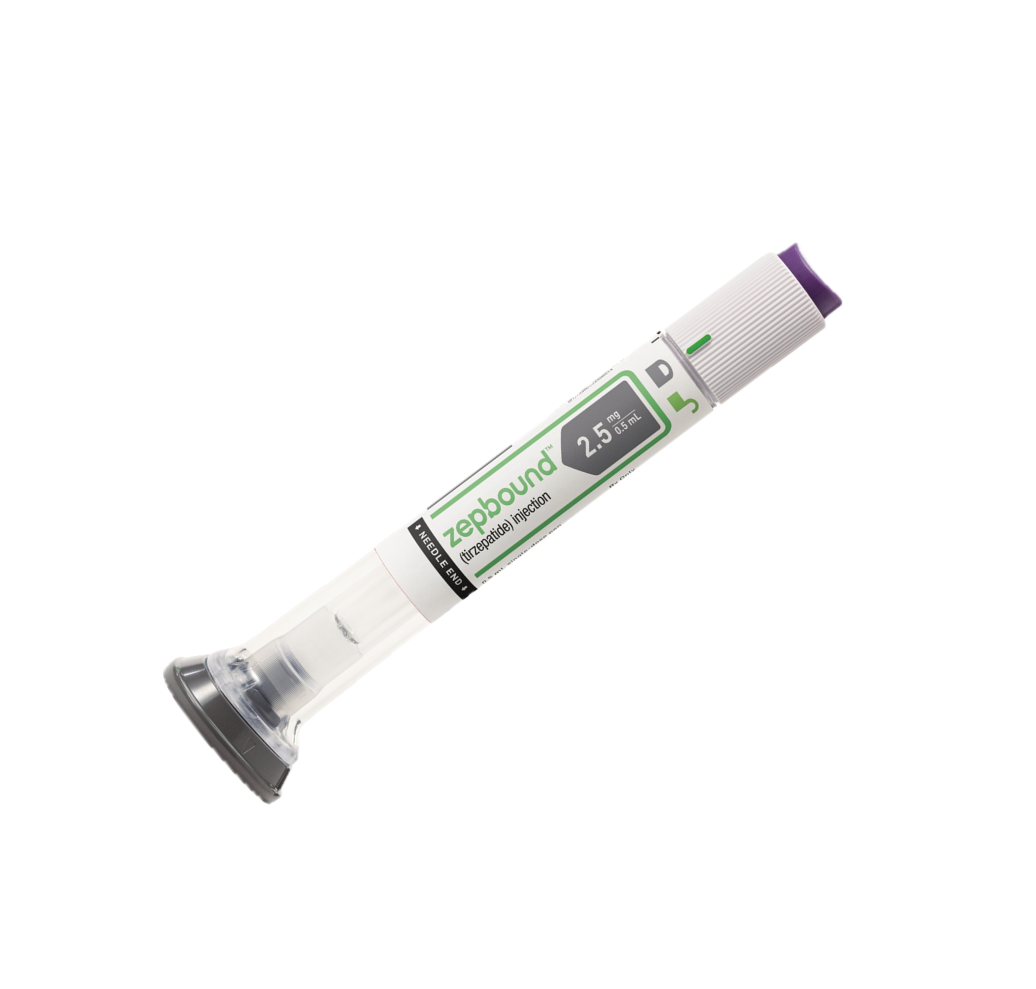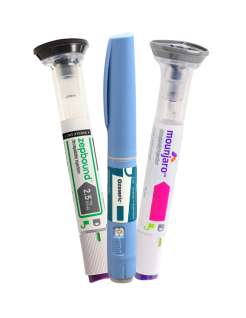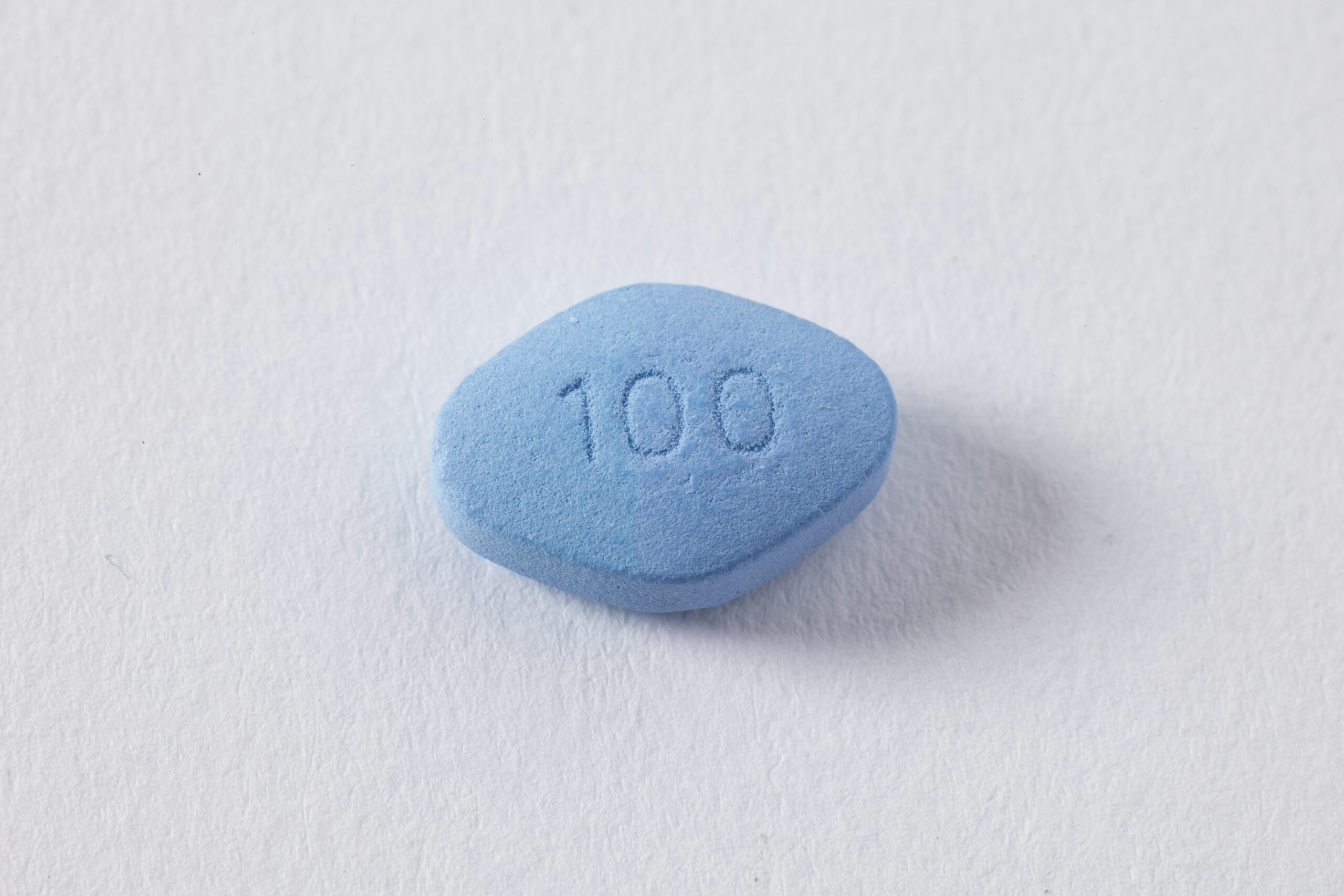Managing and minimizing side effects is essential for patients using Ozempic after gastric bypass surgery.
By adopting certain strategies, patients can reduce the risk of adverse effects and improve their overall treatment experience.
Start with a Low Dose
Starting treatment with a lower dose of Ozempic helps your body adjust to the medication gradually, reducing the likelihood of severe side effects.
This approach allows healthcare providers to monitor your tolerance to the medication and make necessary adjustments. Learn more about the optimal dosing at Ozempic doses for weight loss.
Stay Hydrated
Hydration is crucial in managing side effects like nausea and dizziness that can occur with Ozempic.
Adequate fluid intake helps maintain overall health and well-being, especially after gastric bypass surgery.
Eat Small, Frequent Meals
Eating smaller, more frequent meals can help manage gastrointestinal side effects such as nausea, vomiting, and abdominal discomfort.
This approach prevents your stomach from becoming too full, reducing the chances of discomfort.
Examples of suitable snack options for post-gastric bypass patients:
- Greek yogurt
- Sliced fruits or vegetables
- Small portions of lean protein like chicken or fish
- Whole grain crackers with low-fat cheese
- Smoothies made with low-fat milk or yogurt
Avoid Fatty and Spicy Foods
Avoiding fatty and spicy foods is important for managing side effects while using Ozempic. These types of foods can exacerbate gastrointestinal issues, leading to increased nausea and vomiting, heartburn, indigestion, and abdominal discomfort.
By choosing healthier alternatives, patients can reduce these unpleasant side effects and maintain better digestive health.
Take Medication with Food
Taking Ozempic with food can help ease gastrointestinal side effects like nausea and stomach upset.
Food helps buffer the stomach lining and may reduce the intensity of side effects. This practice can make the medication more tolerable and improve patient adherence to the treatment regimen.
Monitor Blood Sugar Levels
Regularly monitoring blood sugar levels is crucial when using Ozempic, especially after gastric bypass surgery.
Consistent monitoring helps you and your healthcare provider understand how the medication affects your blood sugar control and allows for timely adjustments.
Exercise Regularly
Regular exercise provides dual benefits by helping manage weight and mitigating the side effects of Ozempic.
Physical activity improves overall health, enhances blood sugar control, and aids in weight management.
For tips on incorporating physical activity into your routine, check out our guide on Ozempic and exercise.
Follow Your Healthcare Provider’s Instructions
Adhering to your healthcare provider’s guidelines when using Ozempic is crucial for safety and effectiveness.
Following their instructions ensures that you use the medication correctly and allows for proper monitoring and adjustments.




